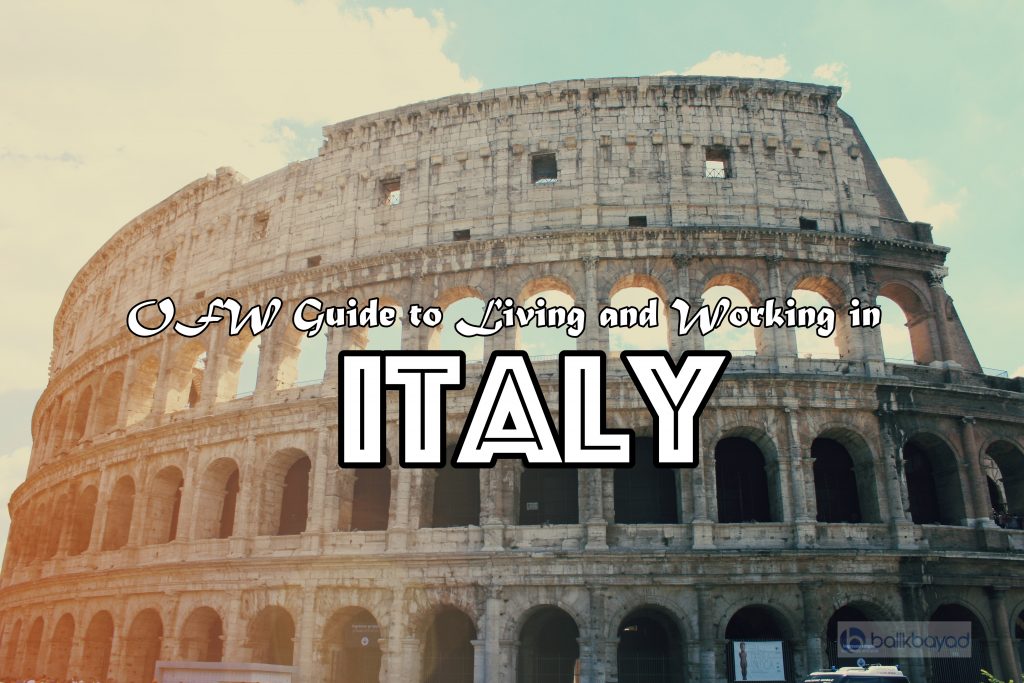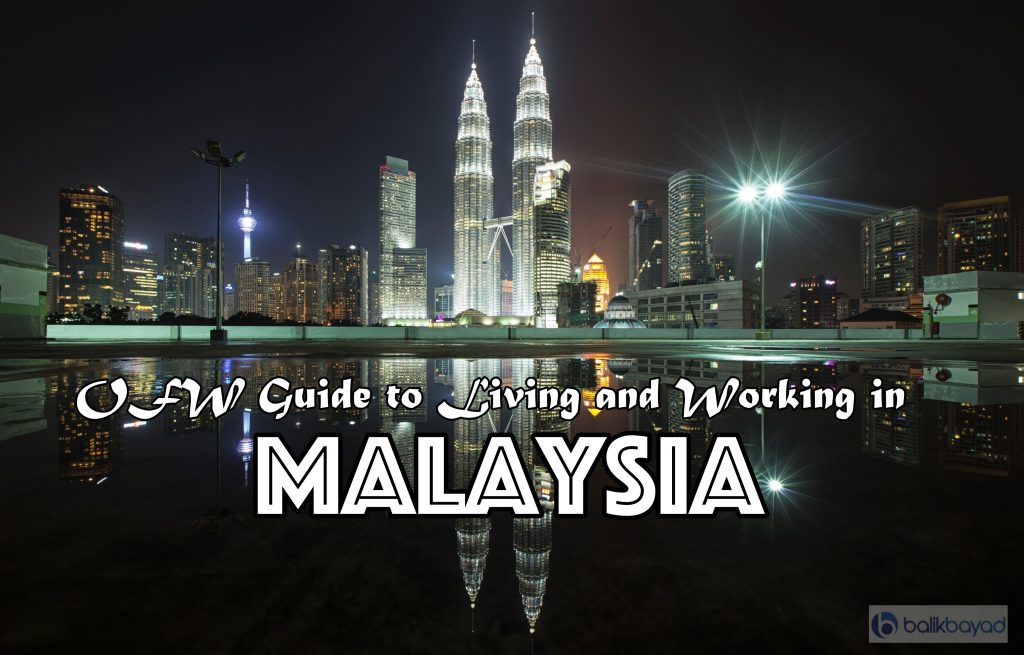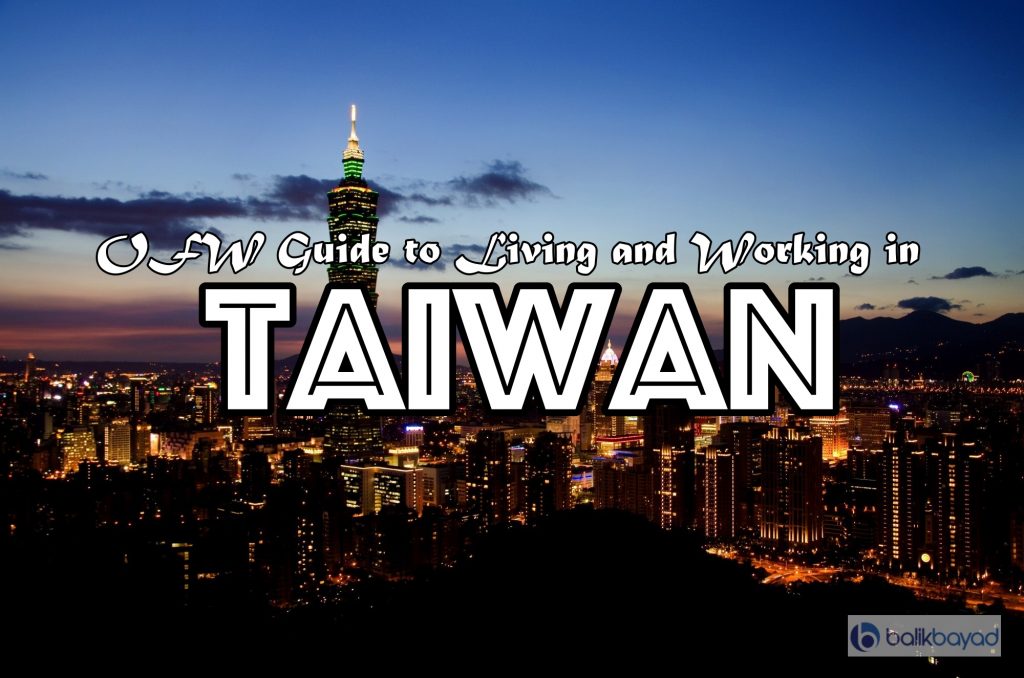 Admit it. You dreamed of going to Italy the moment you saw the movie Milan starring Piolo Pascual and Claudine Barretto. After all, who wouldn’t fall in love with the beautiful sceneries and tourist spots featured in the movie?
Admit it. You dreamed of going to Italy the moment you saw the movie Milan starring Piolo Pascual and Claudine Barretto. After all, who wouldn’t fall in love with the beautiful sceneries and tourist spots featured in the movie?
More than the tourist spots, Italy is also a home to thousands of Filipinos. In fact, Italy has the biggest concentration of Filipinos in Europe (more than 150,000 documented Filipinos) – and it’s not surprising why.
For starters, Italy pays well, including household service workers. Starting salary is 800 Euros and could go as much as 2,000 Euros (or even more). Also, Italy has strict labor laws, which explains why cases of maltreatment are unheard of (although for sure, there are cases but are minimal). Believe it or not, foreign workers may file a labor case against their employers in case they are not compliant with their labor laws. You get paid leaves as well, thereby allowing you to go around and explore the country.
Does this get you excited? Before you rush to Italy to work, here are some of the things you need to know about this country:
General Facts
Italy is located in the heart of Mediterranean, southern part of Europe, and surrounded by France,, Austria, Switzerland, and Slovenia among others. It is a country with rich culture and heritage that dates back to the Roman Empire. Rome is the capital of Italy and Euro is the currency used in this country. Its form of government is unitary parliamentary republic and the monarch was abolished via constitutional referendum.
Language
When it comes to language, Italians speak their own language and are proud of it. English may not be as widely spoken in major parts of the country, except when you will work in large cities like Rome and Milan. Depending on your location, there are areas that speak German, French, and Slovenian.
Work Opportunities
Household service workers and farm workers are the most common jobs available for Filipinos in Italy. Nonetheless, nurses are also in demand, as well as caregivers, chefs, computer programmers, and hotel staff.
Similar to other countries overseas, you will need a valid working visa to obtain “permesso de soggiorno” or permit to stay in Italy. Working visa and permit are needed because despite the the leniency for foreign workers, Italy does not condone illegal workers.
Working Conditions
Before you start working, make sure you obtain your own social security number and health insurance, which you can get from the National Social Security Institute. Your employer must automatically register you.
Religion
This is another reason why Italy is a favorite. Italy is majority s Catholic country, thereby making it easier for Filipinos to practice their faith.
Nonetheless, you might be surprised with how Italians celebrate Christmas. Unlike in the Philippines, Italians fast 24 hours before Christmas Eve by not eating meat. If you work in the southern part of Italy, you get to experience the “Feast of Seven Fishes.”
When it comes to opening of gifts, adults open theirs either at midnight after Christmas Eve dinner or after attending the Midnight Mass. Children open theirs on Christmas morning.
Transportation
In case you want to explore Italy, make sure you travel by train. The trains will connect you from one place to another, thereby making everything accessible.
Traffic may be chaotic in Italy, so if you can, walk from one place to another. Noise and air pollution is also an issue, and as of the moment, the Italian government is doing its best to address this.
Weather
No, it is not always hot and sunny in Italy. In fact, Italy’s climate is diverse. If you are staying in the North, you will experience mild summer and cold winter because of the Alps. Eastern Italy, which is surrounded by the Po River, has hot and humid summer, and cold, wet winter. If you are staying in the Central and South Italy, then expect a Mediterranean climate, which is hot, dry summer and mild winter.
Who wants to give Italy a try for your next job overseas?

 You’ve been working hard overseas. What do you plan to do with your hard-earned money?
You’ve been working hard overseas. What do you plan to do with your hard-earned money? Where do you plan to work if you are thinking of working overseas? You will find tons of job opportunities in the Middle East, but Asia is still among the favorite job destinations. By Asia, we’re not just talking about Singapore and Hong Kong where you can find a lot of Filipinos. At this point, you might want to consider Malaysia.
Where do you plan to work if you are thinking of working overseas? You will find tons of job opportunities in the Middle East, but Asia is still among the favorite job destinations. By Asia, we’re not just talking about Singapore and Hong Kong where you can find a lot of Filipinos. At this point, you might want to consider Malaysia. Middle East countries will always have the highest demand for overseas workers. If you prefer something nearer to the Philippines, Hong Kong and Singapore are the top choices because of its proximity.
Middle East countries will always have the highest demand for overseas workers. If you prefer something nearer to the Philippines, Hong Kong and Singapore are the top choices because of its proximity. Whether you plan to work here or overseas, medical exam will always be part of the requirements you need to accomplish before you can start work. In fact, medical exam is stricter for overseas workers because you need to ensure that you are physically fit to work. The difference in weather conditions could affect you and your employer needs to ensure that you can endure that. After all, you’re under contract, right?
Whether you plan to work here or overseas, medical exam will always be part of the requirements you need to accomplish before you can start work. In fact, medical exam is stricter for overseas workers because you need to ensure that you are physically fit to work. The difference in weather conditions could affect you and your employer needs to ensure that you can endure that. After all, you’re under contract, right?